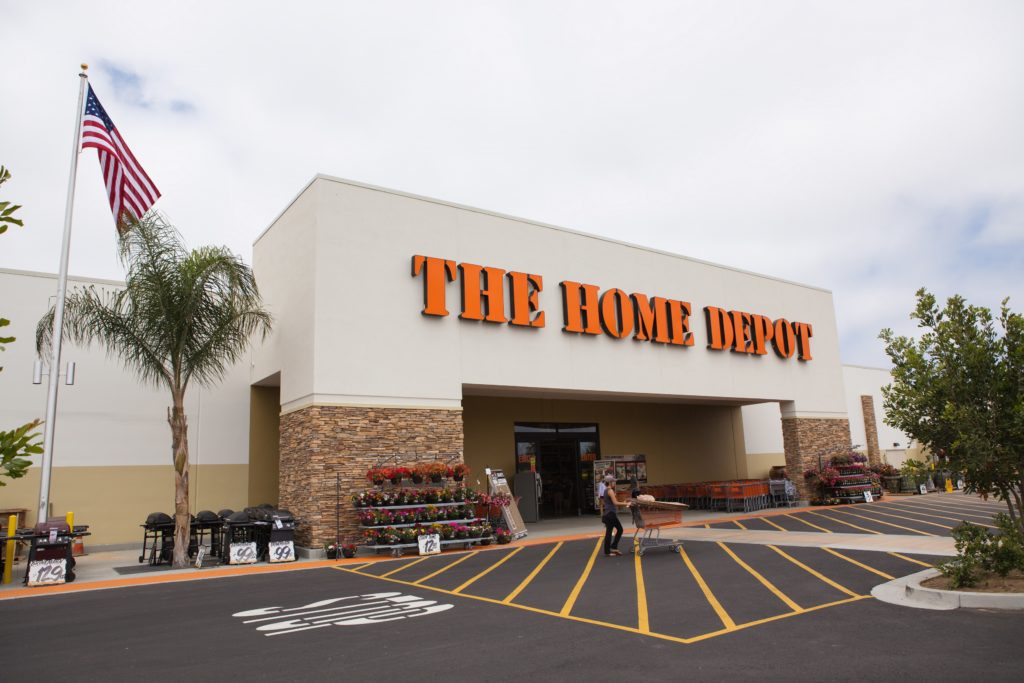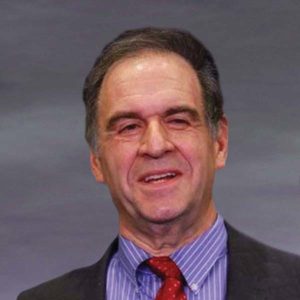
Last Sunday, in the spirit reminiscent of the closing scene of the classic movie It’s a Wonderful Life, a town came together to celebrate a heroic business figure who always believed in them. Some 900 Atlanta natives gathered to celebrate The Home Depot co-founder Bernie Marcus on his 90th birthday in the aquarium he built for the city. Unlike the Frank Capra film, however, the town did not pool their cash to bail out their hero, but rather raised $140 million in a single night to support his own eye-popping $2 billion of philanthropy to community causes.
While the much-celebrated Robin Hood Foundation gathering of financiers raises around $55 million in its annual gala, all walks of life from the town of Atlanta came together last weekend and raised almost three times that in a celebration of Marcus, one of this nation’s greatest entrepreneurs. Rather than pitting community activists against business interests, this city, which former mayor and civil rights leader Andrew Young once said was “too busy to hate,” unified in a statement of how free enterprise and social justice flourish together.
The proceeds from this birthday bash all went to support Marcus’s top philanthropic causes including the once-shabby Grady Health System’s renowned Marcus Stroke and Neuroscience Center, the pioneering Marcus Autism Center, the Georgia Aquarium—created by a $250 million gift in 2005 as the then largest in the word, and the SHARE Military Initiative at the Shepherd Spinal Center. The latter targets PTSD sufferers and other veterans wounded in combat. All these causes address largely neglected community health and learning priorities, which Marcus identified and fueled through transformational gifts.
Mike Leven, chairman and CEO of the Georgia Aquarium, was the master of ceremonies, and the speakers featured not only his Home Depot co-founders Arthur Blank and Ken Langone—as well as Marcus’ successors Frank Blake and Craig Menear—but also dozens of Home Depot associates and beneficiaries of Marcus community initiatives. The focus was on how Marcus’s entrepreneurial vision and generosity transformed their lives.
Marcus’ comments were wonderful, of course—witty, wise, and warm—but all about having an impact on others. It was not autobiographic beyond a tribute to his own paralyzed immigrant mother. In fact, he was so embarrassed by all the praise that he said he worried he was being eulogized—and had to find a mirror in the men’s room to ensure he was still alive. There was no grandiosity, no self-congratulatory moments, no reflections on challenges in his impoverished youth and his career dilemmas as a reformed pharmacist, but rather:
• The business model and cultural spirit of The Home Depot;
• The Home Depot’s community impact the warmth; and
• The volunteer spirit of the people of Atlanta.
In the late 1970s, Marcus was the victim of a boardroom injustice and was fired as CEO of Handy Dan’s hardware stores in Los Angeles and slandered by owner Sandy Sigiloff, who called himself “Ming the Merciless.” Told that in his mid-fifties he was too old to be a retailer and that home improvement was a dying segment, he and Blank, with CFO Ron Brill, moved to Atlanta to buy four shuttered JC Penney stores. With backing from Langone, they launched The Home Depot, now a highly profitable $110 billion enterprise with more than 400,000 employees, rated as an employer of choice and renowned for investing in its workforce.
While it’s big box, high quality, expert service and revolutionary inventory management systems were legendary, his focus on management training focused on the treatment of fellow employees and giving back to their communities. His management talks were not about point-of-sale merchandising or financial engineering, but about the importance of resilience from adversity in life.
Wealthy tycoons have left great community legacies throughout U.S. history. Henry Ford and John D. Rockefeller’s foundations helped cleanse their images posthumously. Andrew Carnegie funded great foundations, institutes, 2,811 public libraries and 7,689 church organs—but all in the final moments of his life. While Ford, Rockefeller and Carnegie were reviled by many in their lifetime, Marcus is revered. He is emblematic of a new breed of mega-donor entrepreneurs who model responsible business practices in the here and now—and make community contribution part of their life as leaders, and not a death bed “giving pledge.” Marcus is proof that doing good is not antithetical to doing well, just as free enterprise is not antithetical to community progress.
Read more: A Former CEO Says it’s Time Business Leaders Did Something about Income Inequality

Chief Executive Group exists to improve the performance of U.S. CEOs, senior executives and public-company directors, helping you grow your companies, build your communities and strengthen society. Learn more at chiefexecutivegroup.com.
0

1:00 - 5:00 pm
Over 70% of Executives Surveyed Agree: Many Strategic Planning Efforts Lack Systematic Approach Tips for Enhancing Your Strategic Planning Process
Executives expressed frustration with their current strategic planning process. Issues include:
Steve Rutan and Denise Harrison have put together an afternoon workshop that will provide the tools you need to address these concerns. They have worked with hundreds of executives to develop a systematic approach that will enable your team to make better decisions during strategic planning. Steve and Denise will walk you through exercises for prioritizing your lists and steps that will reset and reinvigorate your process. This will be a hands-on workshop that will enable you to think about your business as you use the tools that are being presented. If you are ready for a Strategic Planning tune-up, select this workshop in your registration form. The additional fee of $695 will be added to your total.

2:00 - 5:00 pm
Female leaders face the same issues all leaders do, but they often face additional challenges too. In this peer session, we will facilitate a discussion of best practices and how to overcome common barriers to help women leaders be more effective within and outside their organizations.
Limited space available.

10:30 - 5:00 pm
General’s Retreat at Hermitage Golf Course
Sponsored by UBS
General’s Retreat, built in 1986 with architect Gary Roger Baird, has been voted the “Best Golf Course in Nashville” and is a “must play” when visiting the Nashville, Tennessee area. With the beautiful setting along the Cumberland River, golfers of all capabilities will thoroughly enjoy the golf, scenery and hospitality.
The golf outing fee includes transportation to and from the hotel, greens/cart fees, use of practice facilities, and boxed lunch. The bus will leave the hotel at 10:30 am for a noon shotgun start and return to the hotel after the cocktail reception following the completion of the round.